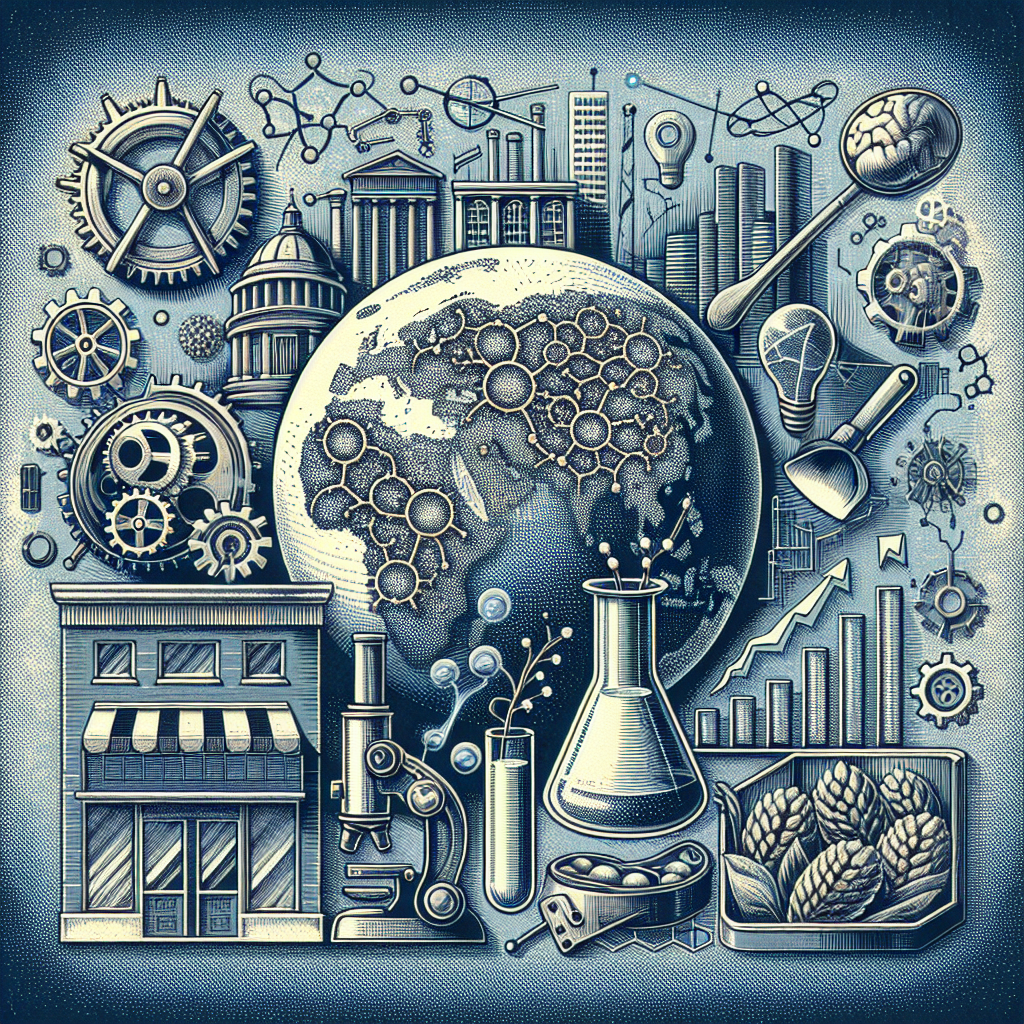Artificial General Intelligence (AGI) has been a topic of fascination and speculation for decades. Often depicted in science fiction as super-intelligent machines that can outperform humans in any task, AGI has the potential to revolutionize industries across the globe. In this article, we will explore the concept of AGI, its current state of development, and its potential applications in various industries.
What is AGI?
AGI refers to a type of artificial intelligence that is capable of understanding and learning any intellectual task that a human being can. Unlike narrow AI systems, which are designed for specific tasks such as playing chess or recognizing speech, AGI is designed to be versatile and adaptable, able to learn new tasks and solve problems in a wide range of domains.
The development of AGI is a complex and challenging task, as it requires not only advanced algorithms and computational power but also a deep understanding of human cognition and intelligence. Researchers in the field of artificial intelligence have been working for decades to develop AGI, but so far, no system has achieved true general intelligence.
Current State of AGI Development
While true AGI remains a distant goal, researchers have made significant progress in developing AI systems that exhibit some aspects of general intelligence. For example, deep learning algorithms have been used to create AI systems that can recognize objects in images, understand natural language, and even play complex games like Go and poker at a superhuman level.
These systems, known as artificial narrow intelligence (ANI), are impressive in their ability to perform specific tasks, but they lack the versatility and adaptability of true AGI. Researchers are now working on developing AI systems that can learn from experience, reason about complex problems, and generalize their knowledge to new situations – key capabilities of general intelligence.
Applications of AGI in Industries
The potential applications of AGI in industries are vast and diverse, with the potential to revolutionize how businesses operate and create value. Here are some examples of how AGI could be used in various industries:
1. Healthcare: AGI could be used to analyze medical images, interpret patient data, and develop personalized treatment plans. AI systems could help doctors diagnose diseases more accurately, predict patient outcomes, and optimize treatment regimens.
2. Finance: AGI could be used to analyze financial data, predict market trends, and manage investment portfolios. AI systems could help banks and financial institutions detect fraud, assess credit risk, and automate routine tasks.
3. Manufacturing: AGI could be used to optimize production processes, predict equipment failures, and improve quality control. AI systems could help manufacturers reduce costs, increase efficiency, and respond quickly to changing market conditions.
4. Transportation: AGI could be used to optimize traffic flow, predict demand for transportation services, and improve safety on the roads. AI systems could help transportation companies manage fleets, plan routes, and monitor driver behavior.
5. Retail: AGI could be used to personalize customer experiences, optimize pricing strategies, and predict consumer preferences. AI systems could help retailers target their marketing efforts, streamline supply chains, and improve inventory management.
FAQs
Q: How close are we to achieving true AGI?
A: While progress has been made in developing AI systems that exhibit some aspects of general intelligence, true AGI remains a distant goal. Researchers are still working on developing AI systems that can learn from experience, reason about complex problems, and generalize their knowledge to new situations.
Q: What are the ethical implications of AGI?
A: The development of AGI raises important ethical questions, such as how to ensure that AI systems are used responsibly, fairly, and transparently. Researchers and policymakers are working to address issues such as bias in AI algorithms, privacy concerns, and the impact of automation on jobs.
Q: Will AGI replace human workers?
A: While AI systems have the potential to automate many tasks currently performed by humans, they are unlikely to replace humans entirely. Instead, AI is more likely to augment human capabilities, enabling us to work more efficiently, make better decisions, and solve complex problems.
Q: How can businesses prepare for the advent of AGI?
A: Businesses can prepare for the advent of AGI by investing in AI research and development, training their employees to work alongside AI systems, and developing strategies for integrating AI into their operations. It is important for businesses to stay informed about the latest developments in AI and to adapt to the changing technological landscape.
In conclusion, AGI has the potential to be a game-changer for industries across the globe, revolutionizing how businesses operate, create value, and serve their customers. While true AGI remains a distant goal, researchers have made significant progress in developing AI systems that exhibit some aspects of general intelligence. As we continue to push the boundaries of AI research and development, it is important for businesses to prepare for the advent of AGI and to embrace the opportunities and challenges that it presents.

